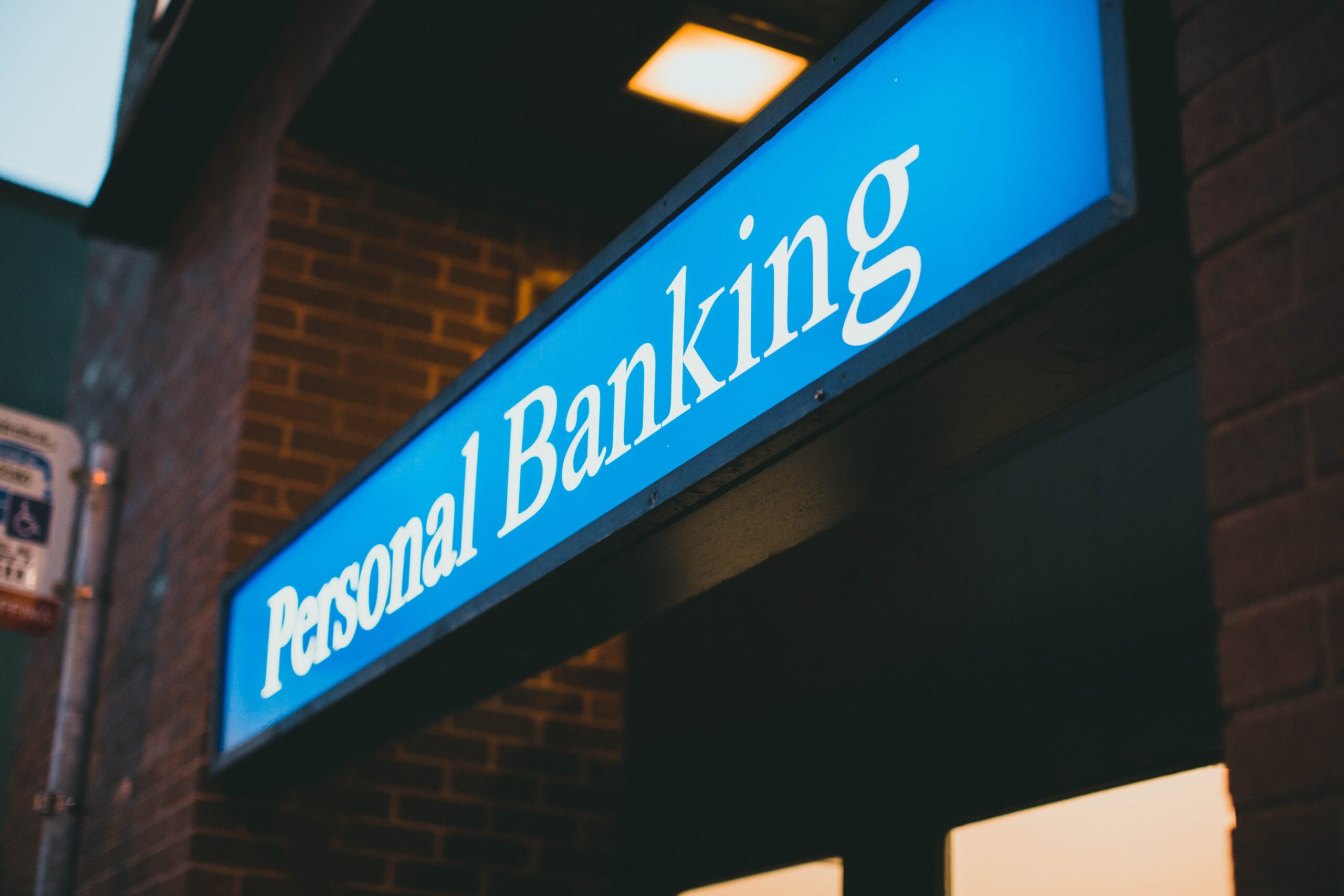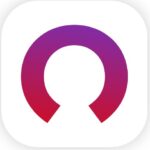There are various types of financial accounts available to consumers, each with its own set of features and benefits. I always recommend doing extensive research before entering into any financial product, so take that even beyond this article and look up examples of your exact financial situation.
I personally will have multiple checking and savings accounts at one time, depending on what the best rates and deals are.
This is a time-consuming process and requires you to be on top of your income/ direct deposits and funneling the money where it needs to go. While juggling multiple accounts is not for everyone, it can definitely have incentives and benefits to do so.
Here is a comparison of the pros and cons of three common types of financial accounts: savings accounts, checking accounts, and money market accounts.
Savings Accounts
A savings account is a type of deposit account that is designed to help consumers save money and earn interest on their deposits.
Pros:
- Earns interest: Savings accounts typically earn interest on deposits, which can help your money grow over time. The interest rate may vary depending on the bank and the type of savings account you choose.
- FDIC insured: Savings accounts are insured by the Federal Deposit Insurance Corporation (FDIC) up to $250,000 per depositor, per bank. This means that your deposits are protected in the event that the bank fails.
- Accessibility: Most savings accounts allow you to access your money through debit cards, checks, or online banking. Some savings accounts may also offer ATM access.
- Flexibility: Savings accounts can be used for a variety of purposes, such as saving for a down payment on a house, saving for emergencies, or saving for long-term goals.
Cons:
- Low interest rates: Savings accounts may have low interest rates compared to other types of investments, such as stocks or bonds. This means that your money may not grow as quickly in a savings account.
- Limited transactions: Savings accounts generally have limits on the number of transactions you can make per month. If you exceed these limits, you may be charged fees.
- Low liquidity: Savings accounts are not as liquid as checking accounts, which means it may take longer to access your money. This may be an issue if you need to withdraw funds for unexpected expenses.
Our current favorite savings account earning 3.30% APY over at Capital one.

Checking Accounts
A checking account is a type of deposit account that is designed for everyday financial transactions, such as paying bills, making purchases, and writing checks.
This will typically be the account that you set up your automatic payments from work into, then from there you can set up your investments, and bills to come from this account.
Setting up a budget can help with all of this allocation and give you some helpful insights on where your money is going.
Pros:
- Convenience: Checking accounts offer a convenient way to manage your daily financial transactions, such as paying bills and making purchases. Most checking accounts offer a debit card that can be used to make purchases or withdraw cash from ATMs.
- FDIC insured: Checking accounts are insured by the FDIC up to $250,000 per depositor, per bank. This means that your deposits are protected in the event that the bank fails.
- Easy to open: Checking accounts are generally easy to open and require minimal documentation.
- Overdraft protection: Some checking accounts offer overdraft protection, which means that the bank will cover overdrafts (when you spend more money than you have in your account) up to a certain limit. This can help prevent costly overdraft fees.
Cons:
- Fees: Some checking accounts charge fees for certain services, such as using an out-of-network ATM or not maintaining a minimum balance.
- Low interest rates: Checking accounts typically have low interest rates compared to other types of investments. This means that your money may not grow as quickly in a checking account.
- Limited use for saving: Checking accounts are not designed for saving money and do not typically earn interest on deposits.
Many checking accounts have sign up bonuses for hundreds of dollars, we recommend shopping around before you join, but a good deal that we have found is with Chase and offers a $200 sign up bonus when you set up direct deposit.
Money Market Accounts
A money market account is a type of deposit account that offers higher interest rates than a traditional savings account and provides easy access to your money through checks and debit cards.
Pros:
- Higher interest rates: Money market accounts typically offer higher interest rates than savings accounts, which means that your money can grow faster.
- FDIC insured: Money market accounts are insured by the FDIC up to $250,000 per depositor, per bank. This means that your deposits are protected in the event that the bank fails.
- Accessibility: Money market accounts typically offer easy access to your money through checks and debit cards. Some money market accounts may also offer ATM access.
- Flexibility: Money market accounts can be used for a variety of purposes, such as saving for a down payment on a house, saving for emergencies, or saving for long-term goals.
Cons:
- Higher minimum balance requirements: Money market accounts often have higher minimum balance requirements than savings accounts. This means that you may need to keep a larger balance in your account in order to avoid fees.
- Limited transactions: Money market accounts generally have limits on the number of transactions you can make per month. If you exceed these limits, you may be charged fees.
- Lower liquidity: Money market accounts may have lower liquidity than checking accounts, which means it may take longer to access your money. This may be an issue if you need to withdraw funds for unexpected expenses.
- Lower interest rates in a low-rate environment: Money market accounts may offer lower interest rates in a low-rate environment, which means that your money may not grow as quickly.
As far as our pick for best Money Market Deposit account, we recommend shopping locally, just use google to ask for the best MMDA rates near me and a number of national and community bank offers will come up based on your zip code.
Conclusion
Each type of financial account has its own set of pros and cons, and the right account for you will depend on your financial needs and goals.
It’s important to consider factors such as interest rates, fees, accessibility, and FDIC insurance when choosing a financial account. It’s also a good idea to shop around and compare different accounts to find the one that best fits your needs.








